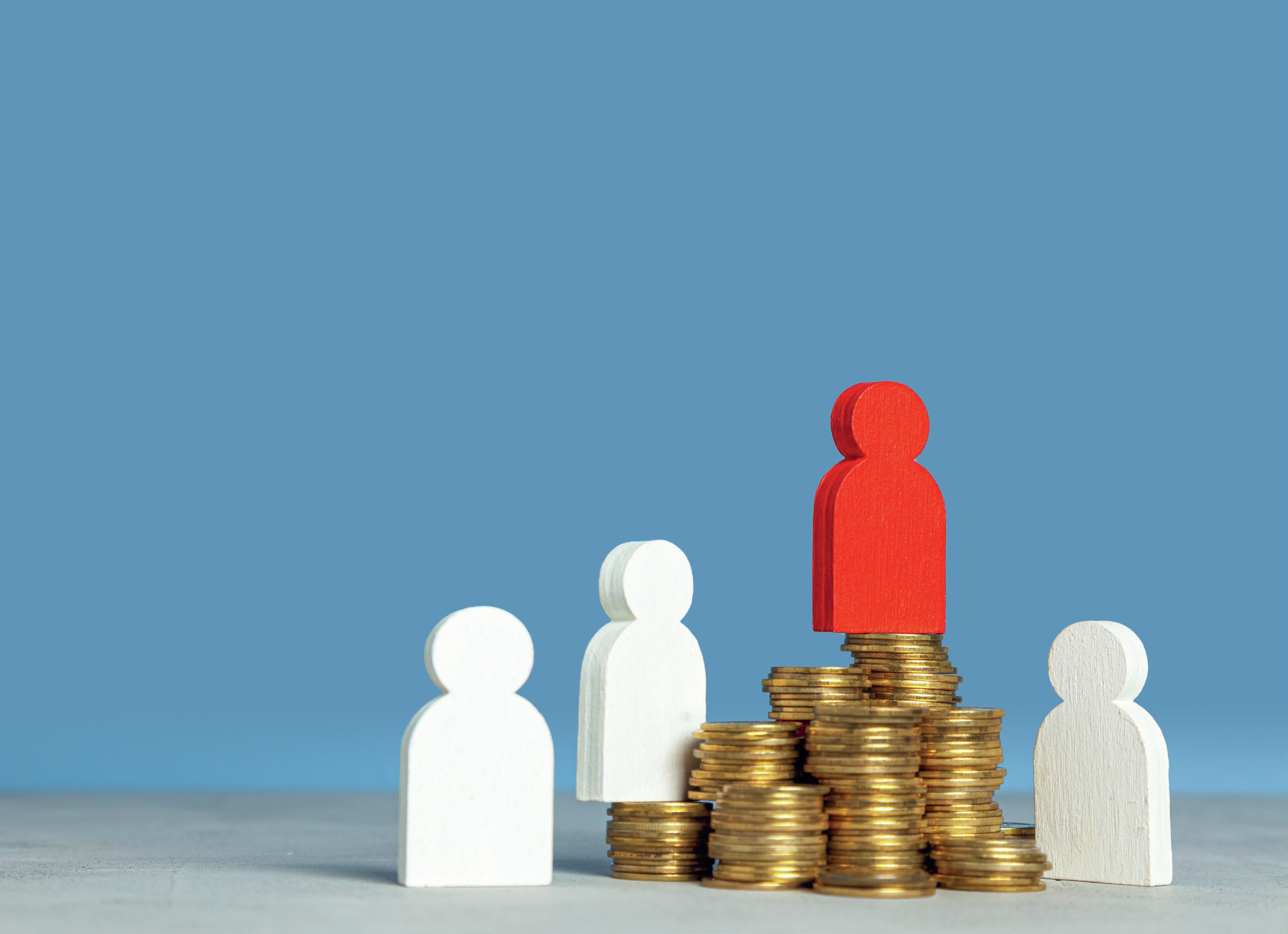
You name it, Jeff Bezos can buy it. So fabulously large is the fortune amassed by Bezos since founding Amazon in 1994 that he could buy every house in the city of Birmingham and still have enough wealth left to make him one of the 20 richest people in the world.
He is not alone. In the UK today, the highest-earning 1% of income tax payers (a group of roughly 300,000 people) have a combined income greater than that of the lowest income 25% (a group of 7.5 million people). The top 5% of income tax payers, meanwhile, earn roughly as much as the bottom 50%.
Your organisation does not have access to this article.
Sign up today to give your students the edge they need to achieve their best grades with subject expertise
Subscribe




